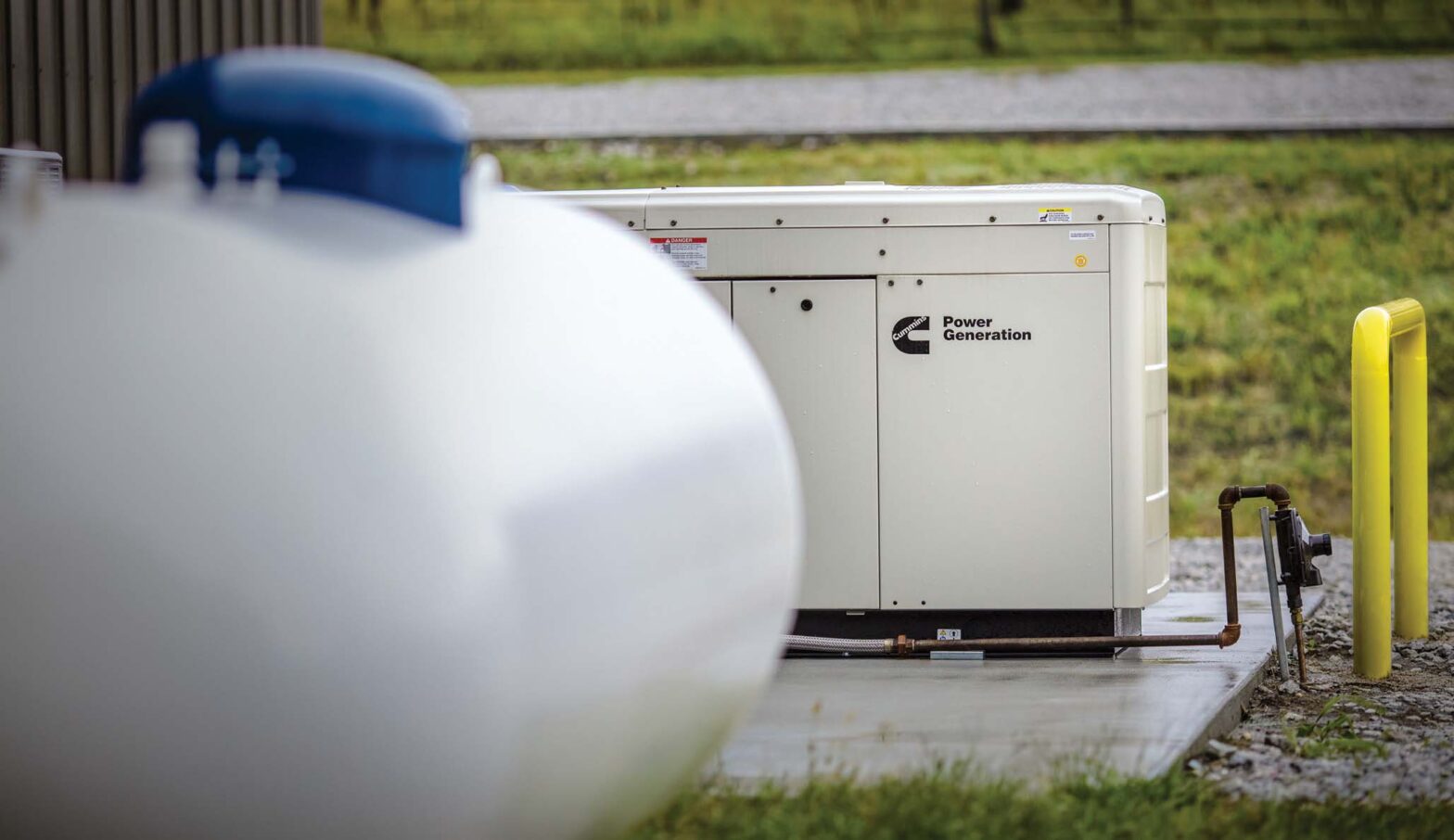Propane in Farming and Aquaculture

Fueling Growth in Agriculture and Aquaculture
Propane, a versatile and clean-burning fuel, has found its niche in residential and commercial heating, agriculture, and aquaculture. Join us as we examine the innovative applications of propane in agricultural farming and fish farming, highlighting its benefits for efficiency, cost reduction, and environmental sustainability. Through exploring these uses, we uncover how propane is becoming an integral component of modern farming operations.
Heating and Temperature Control
Greenhouses: Propane heaters are pivotal in maintaining optimal temperatures in greenhouses, ensuring the year-round growth of fruits, vegetables, and flowers regardless of outdoor conditions.
Aquaculture Facilities: In fish farming, propane boilers efficiently control water temperatures, which is crucial for aquatic species’ health and growth rate. This controlled environment enables higher yields and healthier stocks.
Crop Drying and Processing
Grain Drying: Propane-powered dryers offer a reliable solution for quickly and uniformly drying grains post-harvest. This process reduces losses due to spoilage or mold, ensuring higher quality and market value.
Food Processing: In agricultural processing, propane fuels the equipment for drying, roasting, and other methods of processing crops for consumption or storage, maintaining food quality and extending shelf life.
Pest and Weed Control
Flame Weeding: A sustainable alternative to chemical herbicides, flame weeding with propane effectively eliminates weeds by applying intense heat that ruptures plant cells, thereby protecting crops and reducing chemical use.
Pest Management: Propane-fueled equipment is used in thermal pest management, offering an eco-friendly method to eradicate pests without harmful pesticides, ensuring healthier crops and minimal environmental impact.
Powering Equipment
Farm Machinery: Propane engines in tractors and other farm machinery present a cleaner alternative to diesel, with lower emissions and reduced fuel costs. Their efficiency and reliability support the heavy demands of farm operations.
Portable Generators: In remote or off-grid aquaculture sites, propane-powered generators deliver essential electricity for pumps, aeration systems, and other critical equipment, enhancing operational resilience.
Environmental and Economic Benefits
Reduced Emissions: Propane burns cleaner than other fossil fuels, producing fewer greenhouse gases and pollutants. This characteristic makes it an environmentally preferable choice for agriculture and aquaculture operations.
Cost Efficiency: Propane can lower operational costs with competitive pricing and efficient fuel use. Additionally, the reliability of the propane supply ensures uninterrupted operations, which is crucial for time-sensitive agricultural activities.
Embracing Innovation
Research and Development: Ongoing research into more efficient and sustainable propane technologies promises to further enhance its applications in agriculture and aquaculture, contributing to greater advancements in these industries.
Adoption Incentives: Governments and industry associations often offer grants or incentives for adopting clean energy technologies, including propane, encouraging more farms and aquaculture operations to transition to this cleaner fuel.
A Sustainable Future with Propane
The exploration of propane’s use in agriculture and aquaculture reveals its potential to support sustainable and efficient food production. From heating and crop drying to pest control and machinery power, propane’s versatility and environmental benefits make it a valuable asset for modern farming practices. As the global community continues to seek greener solutions, propane stands out as a fuel that can help meet these challenges, driving innovation and sustainability in both agriculture and aquaculture.
















